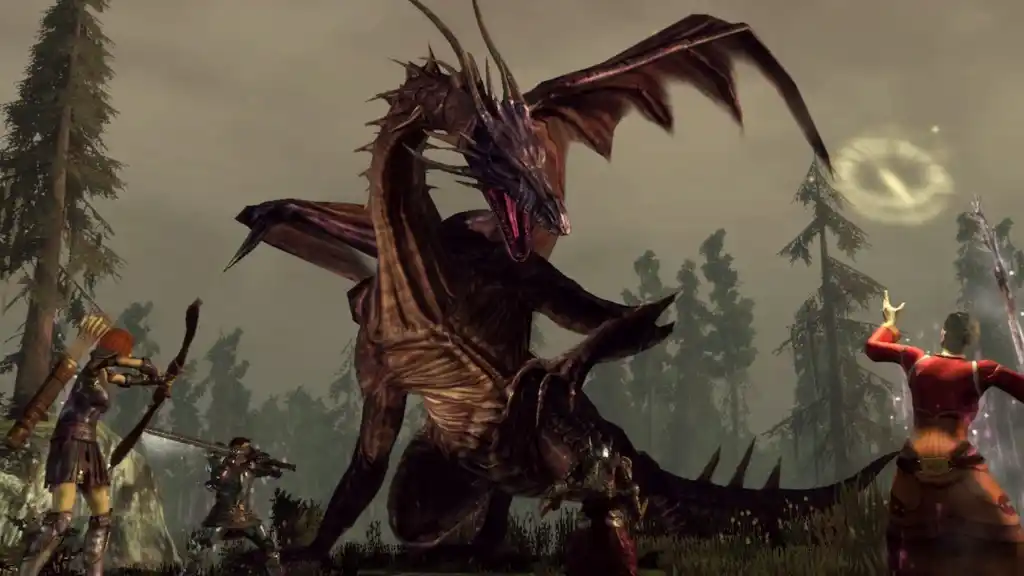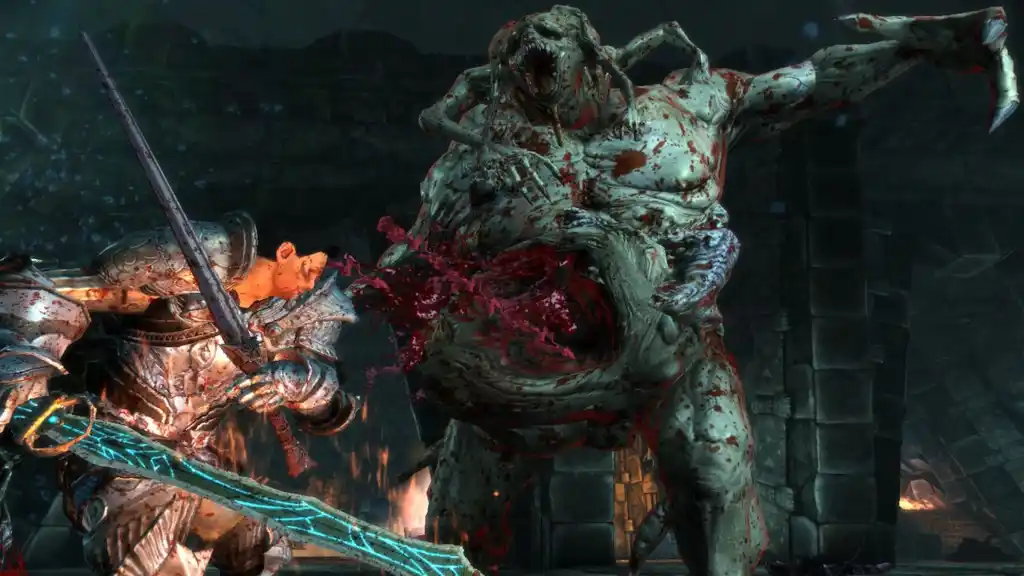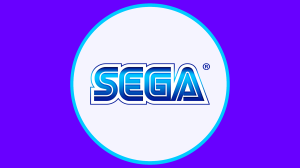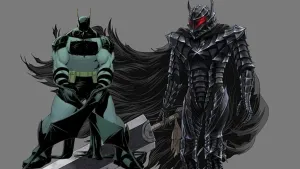Some studios define eras. BioWare wasn’t just a developer in the 2000s; it was the developer, the gold standard for choice-driven RPGs, cinematic storytelling, and party-based adventures that made players feel fully responsible for the fate of entire worlds. But over the last decade, the studio’s once-towering reputation has taken noticeable hits. Franchises that once shaped the industry have stumbled, high-profile projects have launched below expectations, and a growing portion of fans now question whether BioWare can ever reclaim the identity it once perfected. Now, with pressure mounting and its future closely tied to Mass Effect 5, the studio desperately needs a win.
Videos by ComicBook.com
That’s why returning to its roots might be the smartest move it could make. Before the galaxy-spanning success of Mass Effect, before the contentious debate surrounding its endings, and long before fans wondered if the BioWare formula was fading, there was a different kind of RPG. It was dark, tactical, morally heavy, and deeply character-driven. Dragon Age: Origins didn’t just launch a franchise; it delivered a masterclass in role-playing design. And now, after the lukewarm reception to Dragon Age: The Veilguard and with enormous expectations surrounding the studio’s next sci-fi epic, a full remake of Origins could be exactly what BioWare needs to rebuild trust, energy, and identity.
Why Dragon Age: Origins Is BioWare’s Best Game

Ask ten BioWare fans what the studio’s greatest game is, and Dragon Age: Origins will come up every time. Released in 2009, it represented everything the studio once excelled at: a sprawling dark fantasy world, deep tactical combat, unforgettable characters, and genuinely branching choices with real consequences. It was a game where your origin story didn’t just change your first hour but shaped your entire journey. A noble, a mage, a dwarf commoner, a city elf: your background mattered, your identity mattered, and the world reacted to you like it mattered more than any other game.
For many players, Origins was the last time BioWare’s Dragon Age felt raw, ambitious, and unfiltered. Even Dragon Age: Inquisition doesn’t compare. No streamlined mechanics, no concessions for mass-market action-RPG trends. It was unapologetically dense, with spell combos, positioning, party micromanagement, and encounters that forced you to pause, plan, and pray you weren’t walking into a trap you weren’t prepared for.
I still remember my first fight with a Revenant. I thought I was over-leveled and clever. The Revenant taught me otherwise. Even considering memories like this, what really elevates Origins isn’t the combat, it’s the writing. Companions like Morrigan (my crush at the time), Alistair, and Sten didn’t just feel like party members; they felt like people, shaped by trauma, ideology, and personal stakes. Everywhere you went, someone had something meaningful to say. Every quest carried weight. Every choice had ripples. Origins was a world built with care, and it’s no surprise that many still consider it BioWare’s best RPG.
Mass Effect 5 May Be the Future but BioWare Can’t Forget Its Past

BioWare’s future is now pinned to Mass Effect 5. Between the collapse of Anthem, the controversies surrounding Andromeda, and the lackluster reception of The Veilguard, the studio has never needed a sure-fire success more than it does today. Fans want reassurance. EA wants results. And the industry wants to know whether BioWare can still deliver a generational RPG like it did, time and time again, so many years ago. But focusing too heavily on the future risks ignoring the power of its past.
One of BioWare’s biggest strengths has always been its legacy. The studio built its reputation on deep RPG roots. Games like Baldur’s Gate, Knights of the Old Republic, Neverwinter Nights, and of course, Dragon Age: Origins. These weren’t just games; they were statements of identity. When players talk about BioWare magic, they’re not talking about live service ecosystems or hyper-cinematic trailers: they’re talking about the stories, choices, and systems that gave players ownership over their adventures in worlds that felt alive.
A remake of Dragon Age: Origins wouldn’t just tap into nostalgia. It would reconnect the studio, and its fanbase, to the very design principles that made BioWare special in the first place. And strategically? It’s exactly what BioWare needs. It would buy BioWare much-needed breathing room while Mass Effect 5 continues development, and would take fewer resources than a new game. It would garner goodwill from fans as well as re-establish the studio as the king of tactical, choice-driven RPGs. Mass Effect 5 may shape BioWare’s future, but a revitalized Origins could strengthen its foundation.
A Dragon Age: Origins Remake Is Just the Game BioWare and Fans Need

Imagine Dragon Age: Origins rebuilt with modern technology: high-fidelity character models, cinematic cutscenes, a reimagined tactical camera, smarter AI, rebuilt combat animations, and meaningful quality-of-life upgrades. Imagine the Fade sequences streamlined, inventory systems modernized, and spell interactions redesigned for clarity without losing depth. Imagine the same writing, the same choices, the same branching origins presented with today’s standards of immersion. This game could easily rival Baldur’s Gate 3 as one of the best CRPGs.
The demand is already there. Fans have begged for a remake for years. Mods on PC already attempt to modernize the experience, but they can only go so far. And with The Veilguard’s release, leaving some longtime players concerned that the franchise has lost its identity, revisiting the original masterpiece could restore trust while attracting a new generation of players who missed the era of tactical fantasy RPGs. More importantly, an Origins remake would give BioWare something it desperately needs: momentum.
A celebrated return to form would generate goodwill before Mass Effect 5 arrives. It would remind players that BioWare still understands choice-driven RPGs better than anyone. It would reintroduce younger gamers to the series’ roots. And it would prove that the studio can honor the past even as it moves into an ambitious future.
The industry is filled with remakes: Resident Evil, Final Fantasy, Demon’s Souls, many of which revived their franchises in the process. A remake of Origins isn’t just a good idea; it’s the kind of project that could restore BioWare’s confidence and reputation at a critical moment. The studio doesn’t need to reinvent itself. It just needs to remember who it is.
What do you think? Leave a comment below and join the conversation now in the ComicBook Forum!









